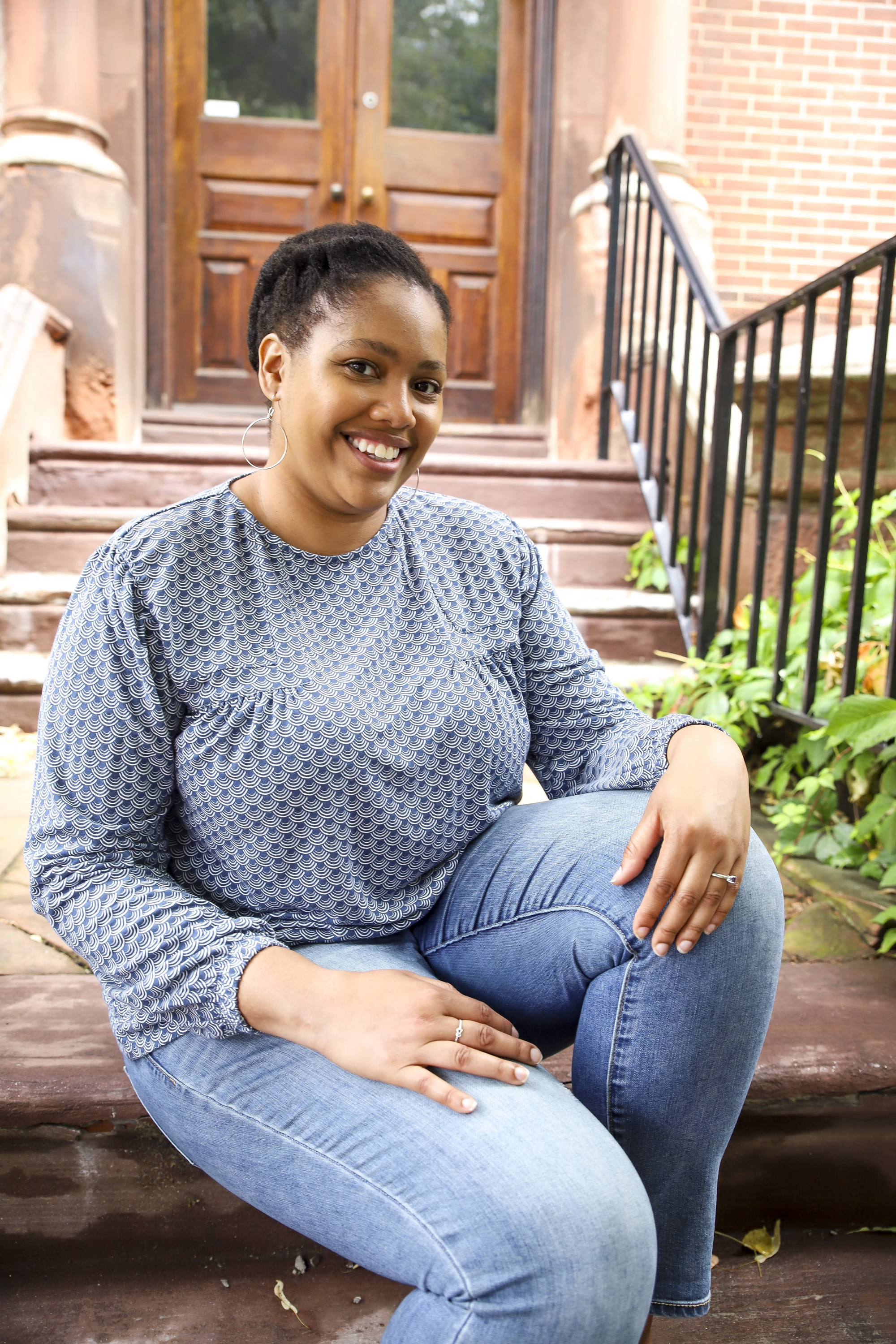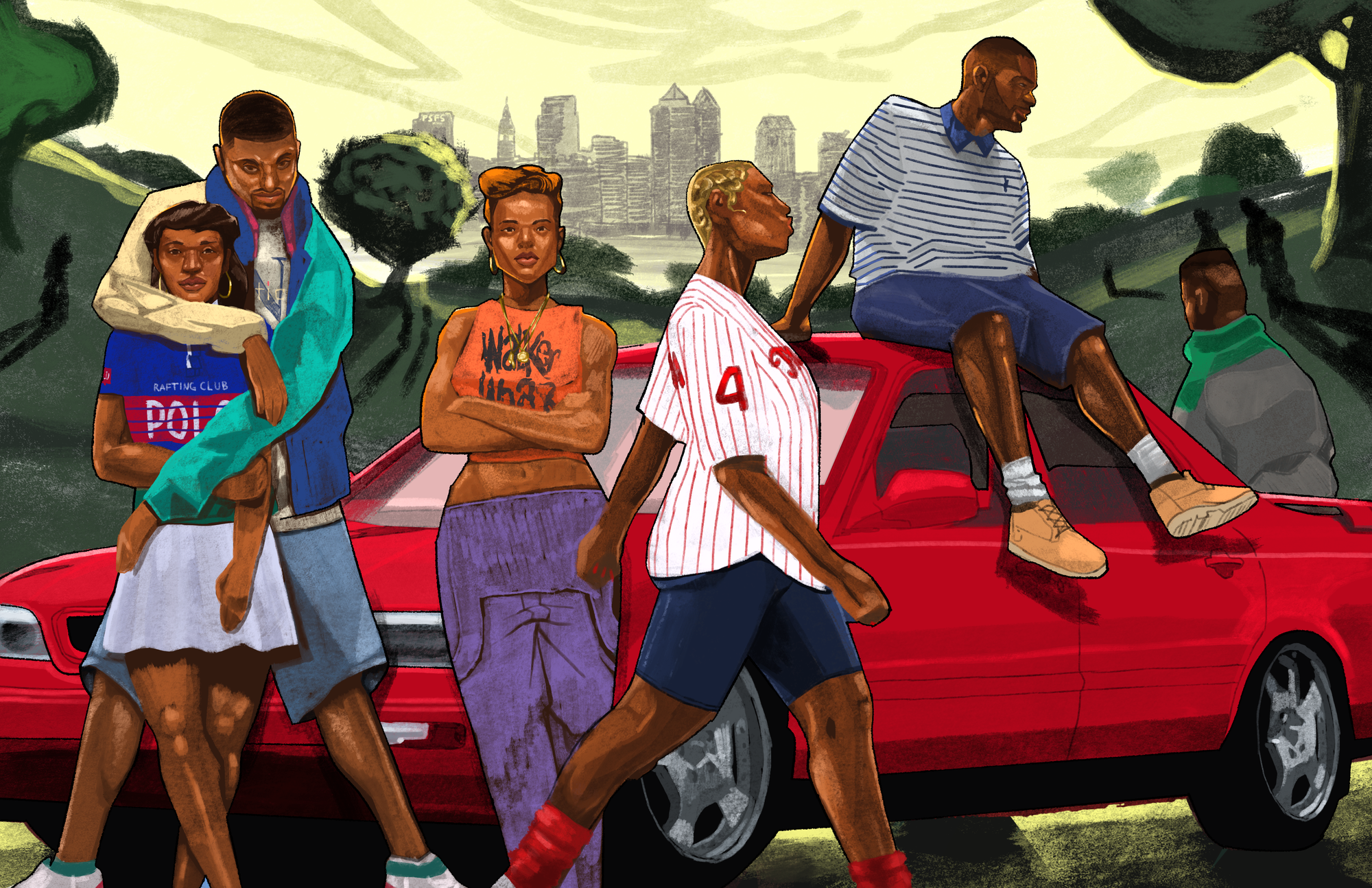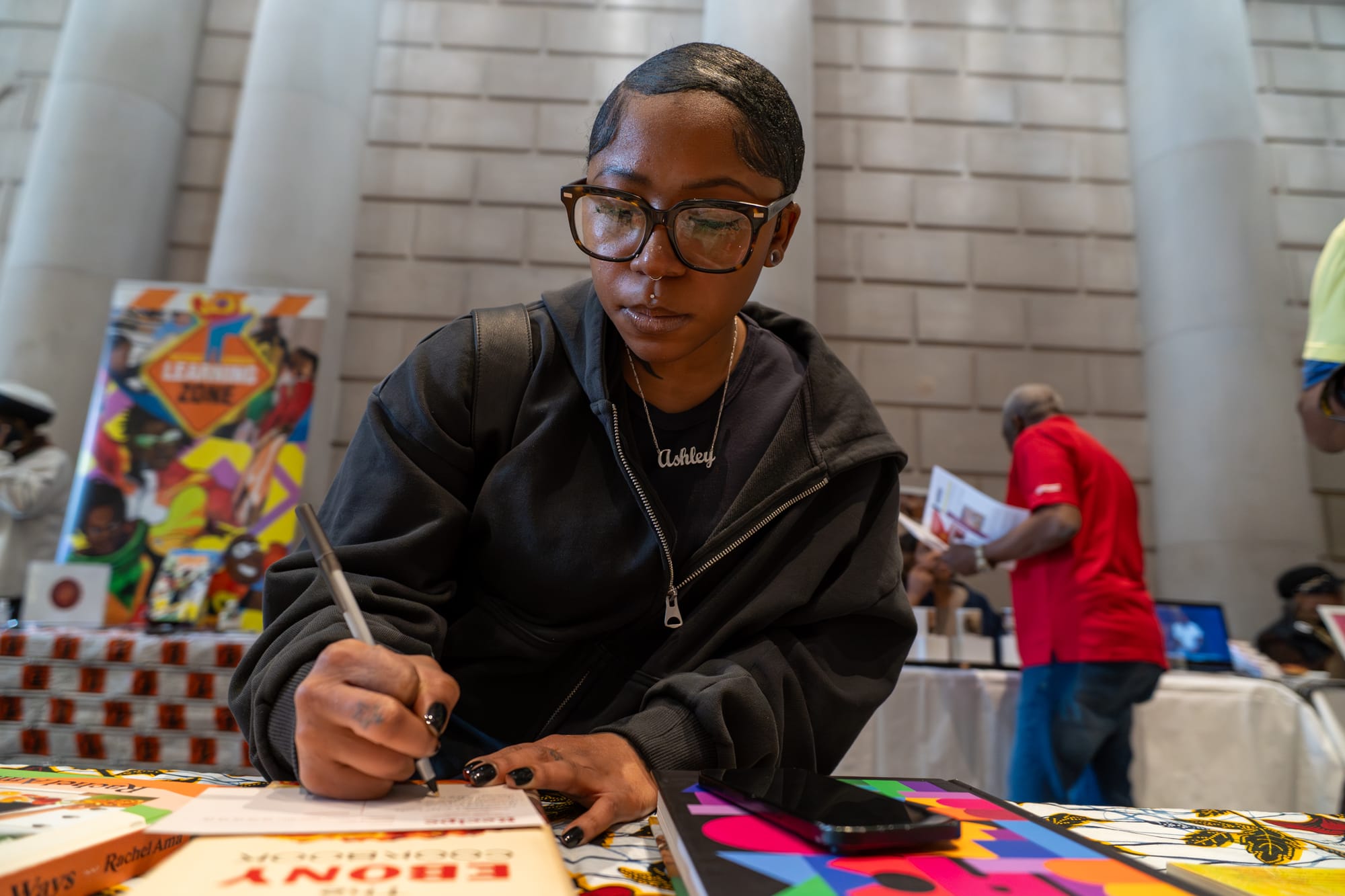Antonio Wooten, Jr. Refuses To Lose Recipes
Antonio Wooten refuses to lose our recipes. Wooten chooses boldly to hold the culture close by amplifying our multi-dimensional heritages through food during a time when Black culture faces erasure, upticks in hatred, and attacks on our history.
Antonio Wooten refuses to lose our recipes. Wooten chooses boldly to hold the culture close by amplifying our multi-dimensional heritages through food during a time when Black culture faces erasure, upticks in hatred, and attacks on our history. Antonio combats that, in his own joyful way, by tapping back into what people love most, food. From fusions of soul food with other global cooking techniques and styles to his own series entitled We Losing Recipes, Antonio is telling the culture’s story while writing a new chapter all his own.
His love of food and food culture started right at home with his family. “Food for me is a familial thing, a cultural thing,” says Wooten. “A lot of my fondest memories are around the dinner table or being in the kitchen with my mom and my grandmother. My dad is a chef and so is my grandpa. So I'm kind of third generation, in a sense. I'm not classically trained. But growing up that close to people who are in that industry, it conditions you to have a different scrutiny about food. What's “good” versus what isn’t.”
Originally from Ohio, Antonio came to the city of Brotherly Love to get his education. He attended the former Philadelphia University, now Thomas Jefferson University, graduating at the onset of the pandemic. After a brief stay back home in Ohio, Antonio returned to Philly, ready to work.
He credits his own growth with food to living in Philadelphia. “I think even moving to Philly expanded my palette in a lot of ways,” he says. “The Midwest is a lot more conservative. In terms of openness to culture, there are a lot of things that I got exposed to simply by moving to the East Coast.”
Food for Antonio represents more than what we consume, but also community. “Food, especially throughout college, has been a way for me to build relationships with people, to slow down. I was often the friend who would talk about or bring up food in the course of our plans, because if food is not included, I'm not either. And, you know, those who get it, get it.”
When asked about his handle, KitchenEbonics, Antonio unapologetically answers, “I've always been obsessed with Black shit.” Ebonics, the previous term used for the unique dialects created in Black communities, has fallen out of favor for more technical terms such as “African American Vernacular English”. Antonio isn’t bothered by that. “‘Ebonics’ was maybe something I learned in high school. I didn't think much of it. I ran into it somewhere and it came back up. Not that it ever left me. The more I sat with it and thought about it, the more I thought about the ways it's in my life, my story, and in a lot of Black people's story. Just like food, like barbecues and cookouts, it’s always been like an integral thing.”
Deeper than just a social media handle, Antonio’s intention to build his platform on Black food and food culture reflects a deeper knowledge of food traditions and valuing our heritage and history. “There is a very unique way that we speak through food. There are things associated with Black culture, sometimes that make us appear monolithic. But it's deep, the canon is deep as far as the things that we prepare and the food that we've influenced. We created culinary arts, period. We used to cook for a lot of these people who formerly enslaved us. I wanted my name/namesake to represent that nature of how we are as Black people are speaking through the kitchen, through food. So the kitchen is the place. Ebonics is a language.”




